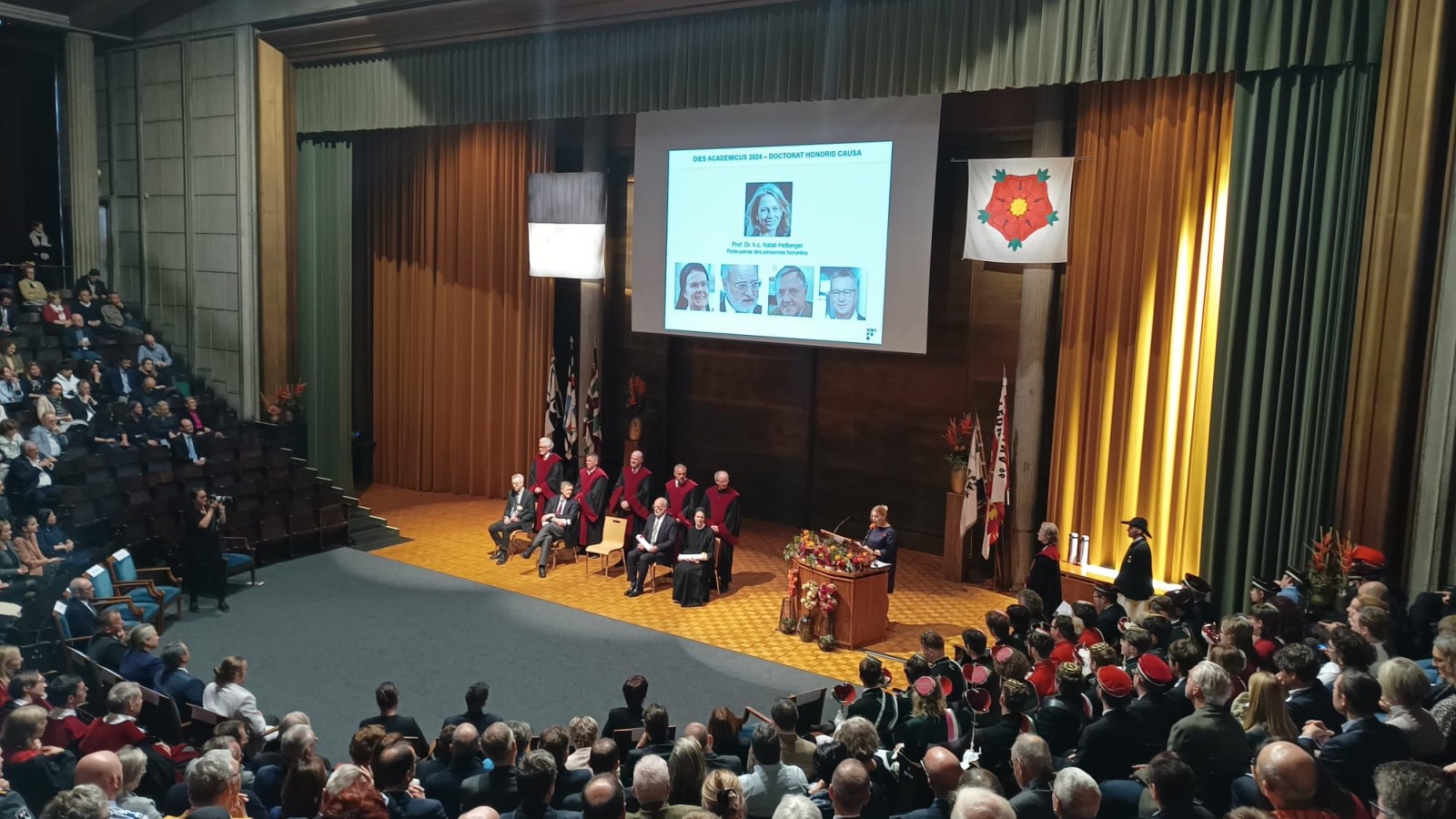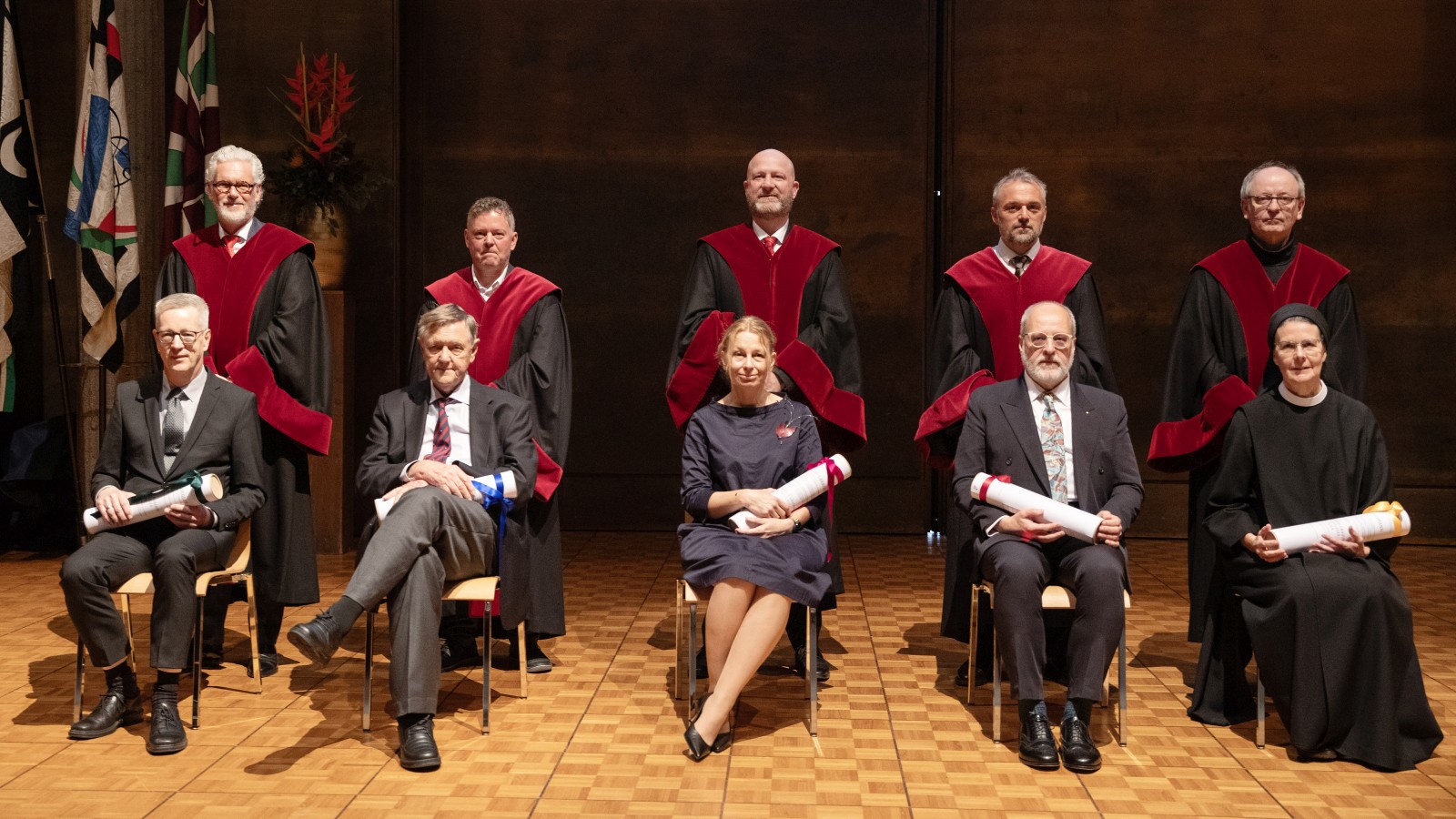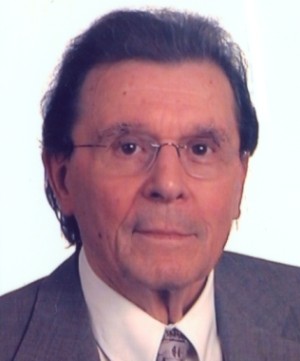Honorary Doctorates
In recent years, the Faculty of Management, Economics and Social Sciences at the University of Fribourg has awarded honorary doctorates (Doctores honoris causa) to the following people with a connection to communication science on the recommendation of the DCM, due to their remarkable contributions to science and/or society. Honorary doctorates are awarded at the Dies academicus in November. A list of all honorary doctorates awarded by the Faculty of Management, Economics and Social Sciences since 2010 can be found on the Faculty website.
2024: Dr. h.c. Natali Helberger
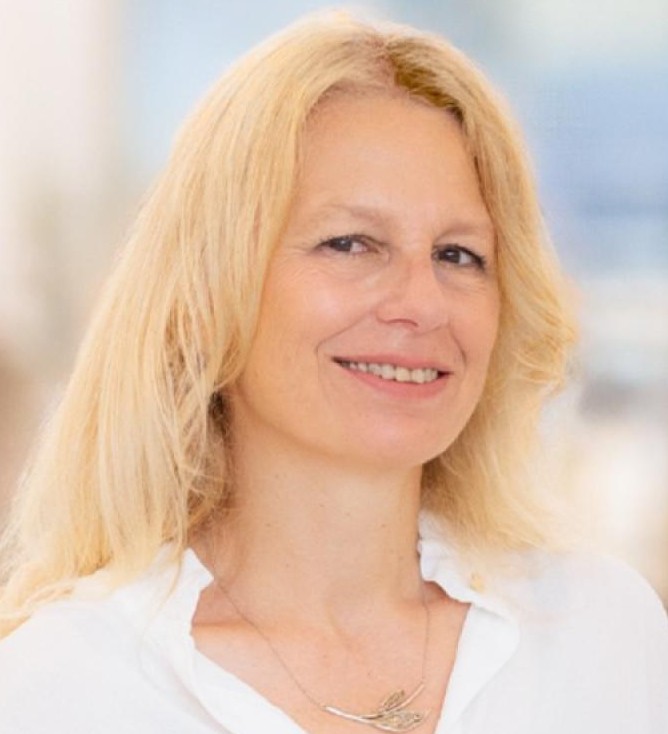
Natali Helberger is a professor of law and digital technology with a special focus on artificial intelligence (AI) at the University of Amsterdam and co-director of the AI, Media & Democracy Lab. A lawyer by training, she is a leading international scholar at the intersection of media, technology, law, and democracy. Her research has significantly shaped the understanding of platforms, algorithmic systems, and AI, as well as their ethical implications and effects on democratic societies, media diversity, and public discourse.
Beyond her academic achievements and her significant service to the scientific community, Natali Helberger has made a substantial contribution to the responsible use and governance of digital technologies through her commitment to dialogue and collaboration between science, politics, business, and civil society. She regularly advises the European Commission, the European Parliament, the Council of Europe, and other important institutions on issues relating to digital technologies, media and AI.
2020: Dr. h.c. Robin Mansell
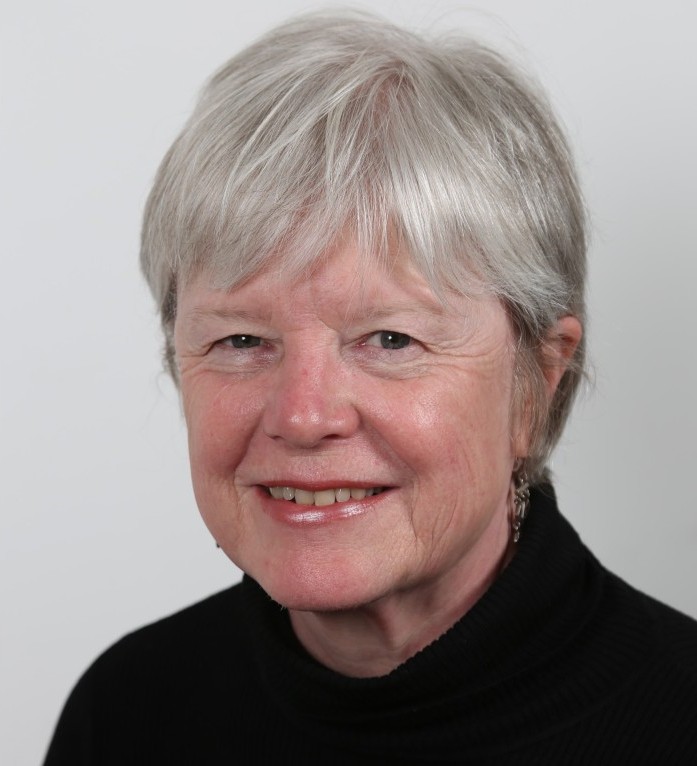
Robin Elizabeth Mansell is a professor of new media and the internet at the Department of Media and Communications at the London School of Economics and Political Science. She is a leading scholar at the intersection of media, technology, markets, and democracy.
Through her critical research, Robin Mansell has made ground-breaking contributions to our understanding of the social, political and economic consequences of communication technologies and innovation, and the role of power in media policy and internet governance. In addition to her achievements in research and teaching, she has not only taken on important tasks in the scientific community, but has also been strongly committed to dialogue and cooperation between science, politics, business, and civil society.
2016: Dr. h.c. Roger Schawinski
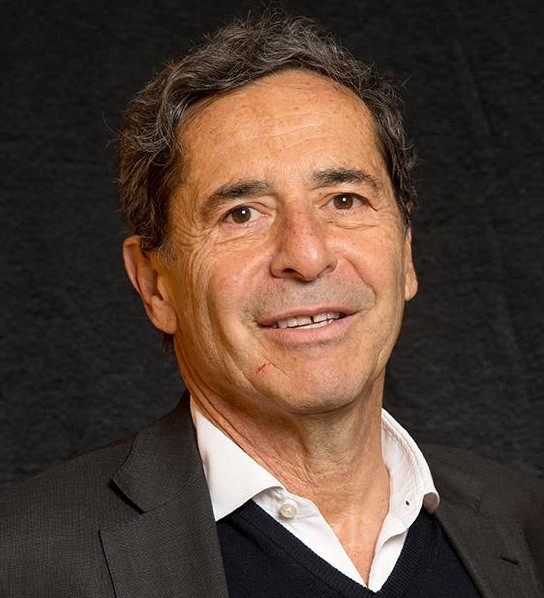
Since the 1970s, the journalist, author and media entrepreneur Roger Schawinski has made an extraordinary contribution to the right to freedom of information with his commitment to the introduction of private broadcasting in Switzerland, media diversity, and independent journalism.
It cannot be taken for granted that mass media communication remains free from state and economic interference. Media freedom and individual communication rights have had to be fought for and defended again and again against political and economic power elites. Roger Schawinski has made a significant contribution to the establishment of today's dual broadcasting system in Switzerland. Despite numerous setbacks and resistance, his commitment was finally successful - also thanks to the strong support by the public.
2012: Prof. Dr. Ulrich Saxer (designated Dr. h.c.)
Ulrich Saxer was intended to receive an honorary doctorate from the Faculty of Economics and Social Sciences in 2012, but died before the title could be awarded. He was appointed professor at the University of Zurich in 1973 and headed the journalism seminar there from 1975. After retiring, he moved to the newly created Università della Svizzera Italiana in 1996, where he helped set up the Faculty of Communication Sciences, and was an honorary professor at the University of Vienna.
With an extraordinarily broad range of topics, Ulrich Saxer has built up an excellent reputation as a theoretician and empiricist in the field of social science media research. This range extends from media education to media in developing countries, journalism research, cultural and sociological aspects of mass media, book and reading research, journalistic quality, communication policy, ethics of journalism, local radio, new media, and politics as entertainment. In addition, Ulrich Saxer was a founding member and the first president of the Swiss Association of Communication and Media Research (SACM), a member of the Federal Commission of Experts for a Comprehensive Conception of the Media (1978-1981), head of the national research project monitoring the local broadcasting trials in Switzerland (1983-1988), director of the advisory committee on media education and media research of the Bertelsmann Foundation in Germany, and co-editor of several specialist journals and book series. Special mention should be made of the Ulrich Saxer Foundation, which he set up in 2000 to promote the next generation of communication scientists.

